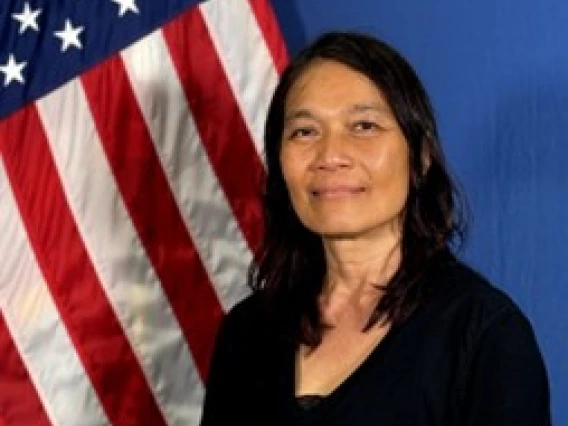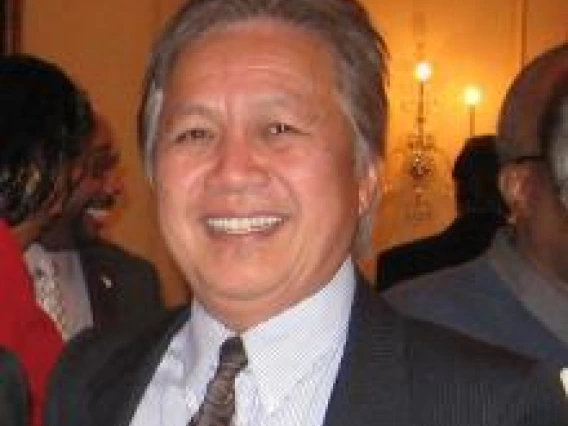Thai is taught by the Critical Languages Program at the University of Arizona with credit and non-credit options available. Small class sizes, expert tutors, and immersive learning that connects language with lived experience.
Why study Thai?
Learning Thai opens up a unique world. It’s a practical tool, a cultural bridge, and a rewarding intellectual challenge. Whether your goals are travel, research, connection, or career-building, Thai can offer surprising returns.
Imagine reading Thai poetry, understanding temple inscriptions, or appreciating Thai films without subtitles. Language gives you insider access. Thailand plays a key role in Southeast Asia—both economically and diplomatically. Speaking Thai can give you an edge in careers in business and trade, tourism, international development, and fashion!
What will you be able to do?
Explore the Learning Outcomes for 101-301 Courses
Get a Student Perspective
"My tutor is an absolute pleasure. He provides attention to detail and is meticulous in his lessons, but he also grants a lot of patience to me as a student who is still learning. I look forward to continuing my lessons!"
CLP Student | Thai 102
Complete the UA Language Requirement
For the B.S.
Complete courses 101, 102
For the B.A.
Complete courses 101, 102, 201, 202
Ready to Register?
For Credit
If you are a beginner, sign up for CRL 101 under course section number 351 in UAccess.
Not sure where to start?
If you have studied the language before or have spoken it at home, you should reach out to the tutor of your language or the Program Coordinator to schedule a free informal placement assessment.
If you do not see a level that you need offered in UAccess, reach out to critlang@arizona.edu.
Want to take a non-credit course?
You may have interest in learning this language but do not need university credit. We offer non-credit, community online courses for adults, as well as individualized tutoring. (No UA matriculation needed).
Did you know?
Thai is the national and official language of Thailand and the native language of the Thai people and the vast majority of Thai Chinese. It is spoken by over 20 million people.
Thai is a member of the Tai group of the Tai–Kadai language family. Over half of the words in Thai are borrowed from Pali, Sanskrit and Old Khmer. It is a tonal and analytic language. Thai also has a complex orthography and relational markers. Spoken Thai is mutually intelligible with Laotian; the two languages are written with slightly different scripts, but linguistically similar.
Distinct Forms of the Thai Language
Thai is composed of several distinct registers, forms for different social contexts:
- Street or common Thai (ภาษาพูด, phasa phut, spoken Thai): informal, without polite terms of address, as used between close relatives and friends.
- Elegant or formal Thai (ภาษาเขียน, phasa khian, written Thai): official and written version, includes respectful terms of address; used in simplified form in newspapers.
- Rhetorical Thai: used for public speaking.
- Religious Thai: (heavily influenced by Sanskrit and Pāli) used when discussing Buddhism or addressing monks.
- Royal Thai (ราชาศัพท์, racha sap): (influenced by Khmer) used when addressing members of the royal family or describing their activities.
Most Thais can speak and understand all of these contexts. Street and elegant Thai are the basis of all conversations. Rhetorical, religious, and royal Thai are taught in schools as the national curriculum.
This article uses material from the Wikipedia article "Thai language", which is released under the Creative Commons Attribution-Share-Alike License 3.0.
Meet our Thai Tutors

Apassara Kolb


